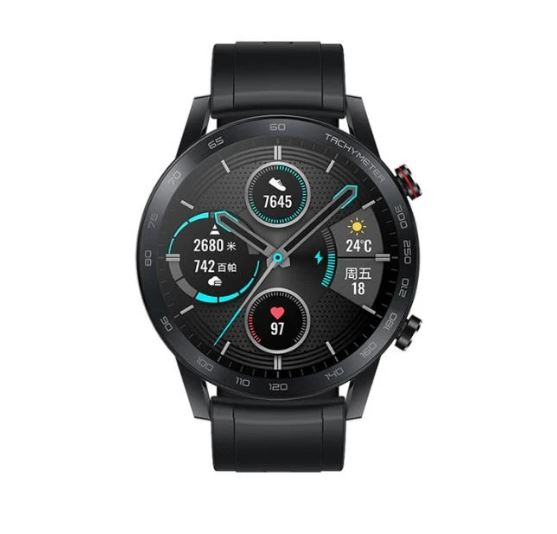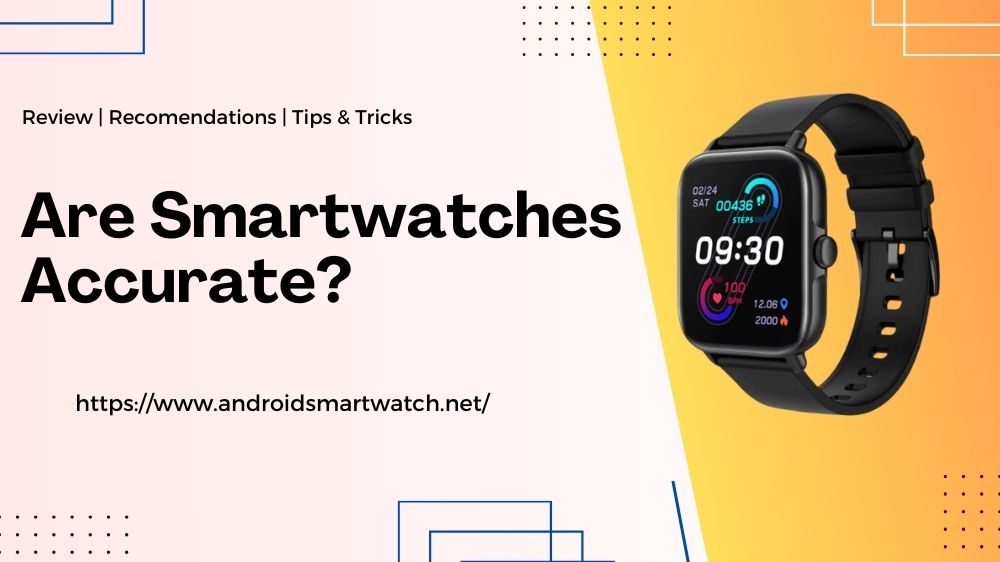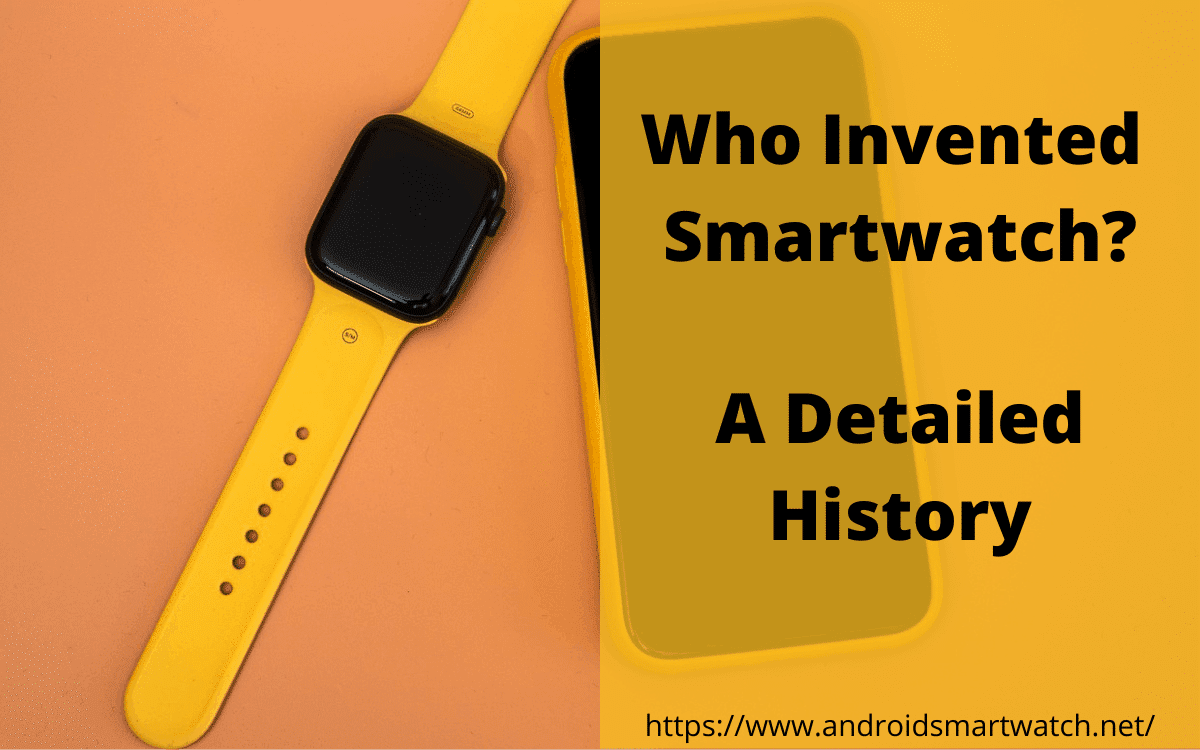Last Updated on April 15, 2024 by Oliver
Imagine you have a tiny gadget on your wrist that can tell you the time, count your steps, and even monitor your heart rate. That’s a smartwatch! It sounds like something from a superhero movie, right? But have you ever wondered if these gadgets are telling you the truth? Can we trust what they say about how much we run, how fast our heart beats, or how well we sleep at night? Let’s become detectives and uncover the mystery of whether smartwatches are accurate.
What Makes a Smartwatch Tick?
A smartwatch is like a mini-computer for your wrist. It does a lot of cool stuff thanks to tiny sensors inside it. These sensors are like the watch’s senses—they help it see and feel the world around us. For example, an accelerometer helps it figure out when you’re moving, and a heart rate sensor checks how fast your heart is beating.
These sensors gather information and then use math to turn it into something we can understand, like the number of steps we’ve taken or how many hours we’ve slept. It’s pretty smart, but it’s not perfect. Just like a friend might misunderstand what you say, sometimes smartwatches get things a bit mixed up too.
These sensors act as the gadget’s senses, observing and interacting with our activities:
- Accelerometers: Detect movement to calculate steps and activity levels.
- Heart Rate Monitors: Use optical sensors to gauge how fast our blood is pulsating through our veins.
Here’s how these devices work:
- Sensors and Accuracy: Smartwatches use accelerometers, gyroscopes, and optical heart rate sensors to monitor our activities and health metrics. These sensors collect data that is then analyzed to provide us with insights into our physical state and activities.
- Processing Data: The raw data collected by the smartwatch sensors are processed using algorithms that interpret movement, heart rate, and other physiological signals. However, these calculations can sometimes be skewed by external factors such as movement irregularities or environmental conditions.
While these devices are adept at processing and translating sensor data into understandable metrics, they are not infallible and can sometimes misinterpret data.
Are Smartwatches Good at Keeping Time?
You might think, “Well, at least a watch can tell time accurately, right?” Yes, smartwatches are really good at keeping time. They’re way more accurate than old-fashioned watches because they use something called “quartz crystal” to keep track of time, which is super precise. Plus, they can even check in with satellites or the internet to make sure they’re not even a second off.
Smartwatches excel in precise timekeeping. They often use:
- Quartz Timekeeping: This technology is highly accurate due to the vibration of quartz crystals under an electric charge, providing precise time measurements.
- GPS and Atomic Clock Synchronization: Many advanced smartwatches sync with global positioning systems (GPS) or even atomic clocks via the internet to ensure they provide the exact time.
Fitness Tracking Features
One of the primary functions of a smartwatch is fitness tracking, which includes:
- Step Counting: While generally accurate, the step counting feature can misinterpret some movements like arm waving or riding in a vehicle as steps. It’s important for users to understand that the step count is an estimation rather than an exact number.
- Calorie Burn Calculation: Smartwatches also estimate the number of calories burned based on activity level, heart rate, and personal data (like weight and age). This feature helps users manage their weight goals and exercise intensity.
Heart Rate Monitoring Technology
Heart rate monitoring is a critical feature for those interested in fitness or heart health:
- Optical Heart Rate Monitoring: This method uses green LED lights to measure how fast the blood is flowing through your veins. The accuracy can be affected by the fit of the watch, skin tone, and physical movement.
- Applications in Fitness and Health: While these monitors are suitable for tracking fitness activities and general health, they are not to be used for medical diagnosis or treatment without consulting healthcare professionals.
Sleep Tracking
Another popular feature is sleep tracking, which analyzes sleep patterns and quality:
- Sleep Quality Assessment: Smartwatches monitor movements during sleep to estimate sleep stages, including light, deep, and REM sleep. This information helps users understand their sleep patterns and improve sleep hygiene.
Can We Trust Smartwatches to Measure Our Heart Rate?
Measuring heart rate is another cool thing smartwatches do. They use a green light on the back of the watch that shines through your skin to see how fast your blood is moving. This works well most of the time, but things like moving too much, wearing the watch too loose, or even having very dark skin can make it less accurate. Scientists say that while smartwatches are good for getting a general idea of your heart rate, they shouldn’t be used for serious medical decisions.
Conclusion
So, are smartwatches accurate? Like the clues in a detective story, the answer is a bit of both yes and no. They’re great for giving us a general idea of how active we are, how our heart is doing, and how much sleep we’re getting. But if we need super precise measurements, especially for health reasons, it’s better to use special tools designed just for that.
Think of your smartwatch as a helpful sidekick. It’s there to give you hints and clues about your health and activity, but sometimes it might not get everything 100% right. And that’s okay! The most important thing is that it encourages us to be more active, to look after our hearts, and to get enough sleep.
Remember, smartwatches are tools that help us live healthier lives, but they’re just one piece of the puzzle. Eating healthy foods, playing outside, and getting plenty of rest are just as important. So, wear your smartwatch, have fun with it, and use it as a guide to help you make good choices every day. After all, being healthy is not just about numbers—it’s about feeling good, having fun, and enjoying life to the fullest!




